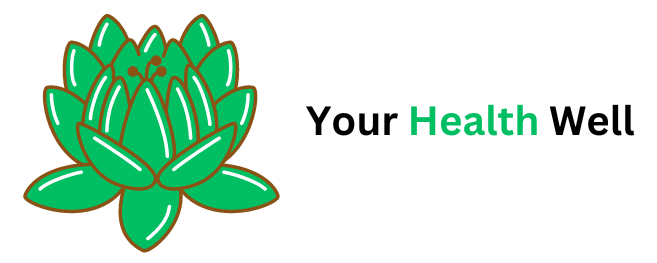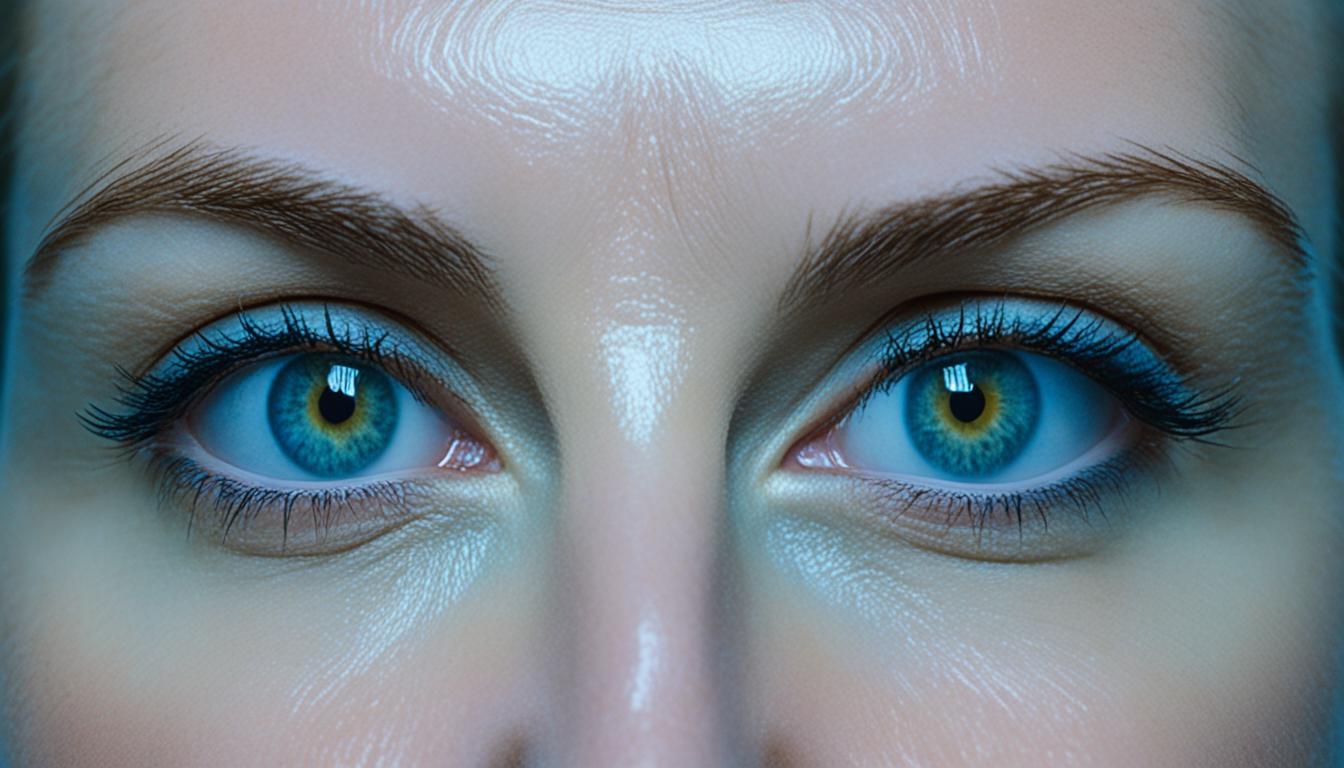Ever thought about how your daily habits might affect your liver? Spotting liver disease early can greatly improve your health. But what are the subtle signs that could indicate a problem?
Finding liver problems early isn’t always easy. Your liver might be facing issues before you even realize it. This part will guide you through the important signs you shouldn’t overlook.
Quick Recommendation: Our blog takes you through the signs of liver problems to look out for. If you're looking for a liver supplement, we recommend Liver Guard Plus.
Understanding Liver Function
The liver is a key organ that supports your overall health. It sits in the upper right part of your abdomen, below your diaphragm. This organ is shaped like a football and has two main lobes. It’s vital for your body’s well-being.
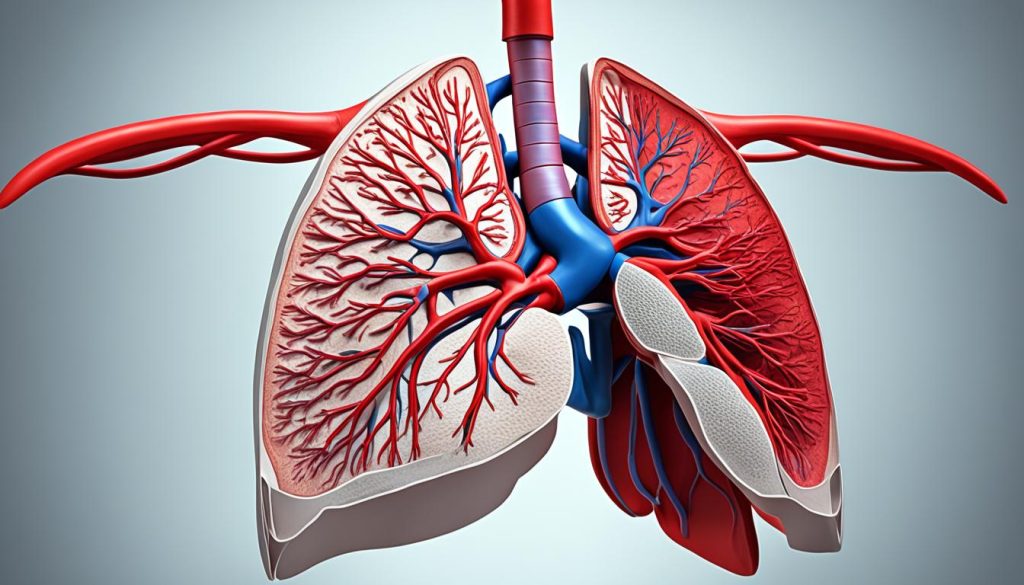
The liver’s main job is to clean your blood of toxins. It filters out dangerous substances like drugs, alcohol, and waste. It changes these toxins into safer forms that your body can get rid of.
But that’s not all the liver does. It also helps turn food into nutrients your body needs. It stores and releases energy, breaks down fats and proteins, and makes bile for digesting fats.
Furthermore, the liver makes proteins important for blood clotting and keeping blood volume right. Without these proteins, your body would have trouble with blood clotting and maintaining blood volume. This could lead to many health problems.
So, if the liver doesn’t work well, it affects your energy and immune system. Knowing about the liver’s role helps us see why keeping it healthy is important. A healthy liver keeps all these important functions going, keeping you in good health.
Common Symptoms of Liver Problems
When your liver starts to struggle, it can show through various symptoms you shouldn’t ignore. One of the most visible signs is jaundice, where your skin and the whites of your eyes turn yellow. This happens because of a buildup of bilirubin.
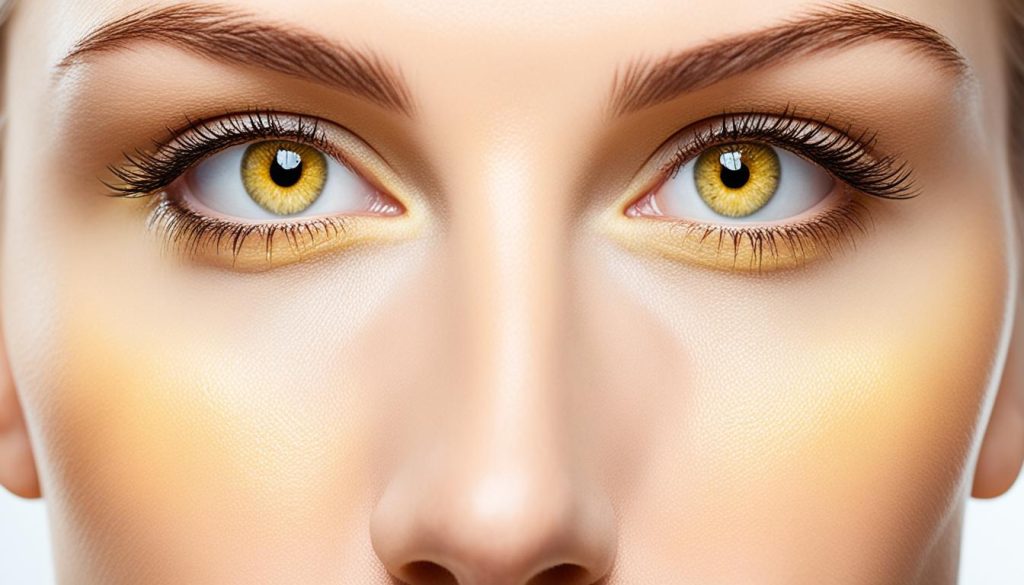
You might also notice itchy skin, which is often a result of bile salt deposits under the skin. This can be incredibly uncomfortable and often persists without any visible rash.
Abdominal pain is another common symptom. You may feel a dull ache or intense pain in the upper right section of your abdomen. This pain indicates that your liver is inflamed or swollen, which is one of the critical liver disease indicators.
Changes in your stool and urine color can also signal liver issues. Pale stool and dark urine are signs that your liver isn’t processing toxins effectively. If you notice any of these symptoms, it’s vital to pay attention to your body’s signals and consult a healthcare professional to understand the underlying cause.
Causes of Liver Problems
Liver problems come from many sources. Knowing these causes helps prevent and treat them. Alcohol-related liver damage is a big cause. It happens when people drink too much alcohol over time. This can lead to serious issues like cirrhosis and liver inflammation.
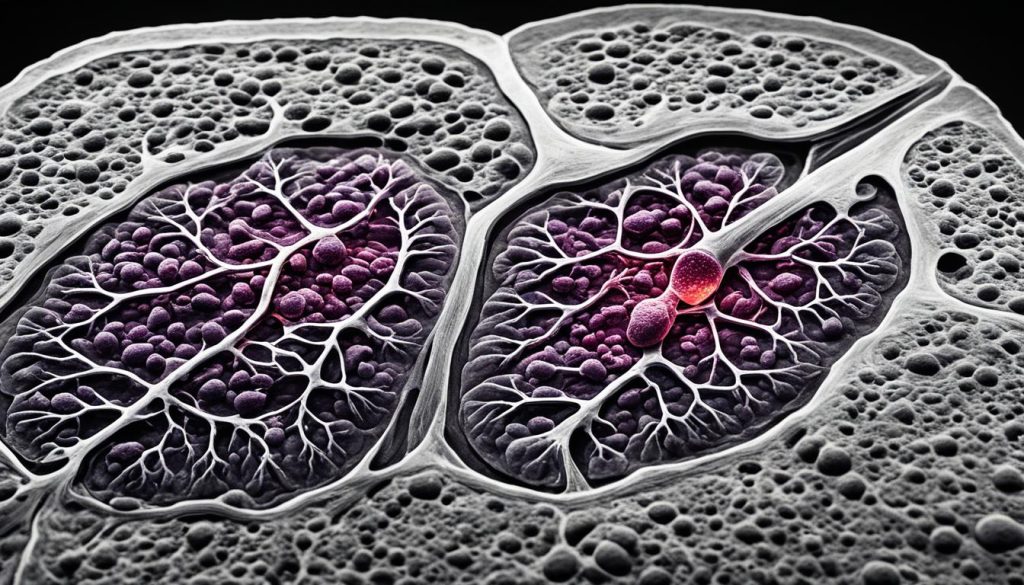
Viral hepatitis is another big cause. It’s an infection that can be short-term or long-term. Viruses like Hepatitis B and C can cause serious liver problems if not treated early.
Fatty liver disease is also a growing concern, especially in the U.S. It happens when the liver gets too much fat, often from being overweight or not active enough. If not treated, it can get worse and harm the liver more.
Genetics also matter. Some conditions like hemochromatosis and Wilson’s disease cause too much iron and copper in the liver. Other causes include toxins, certain medicines, and autoimmune diseases.
When to See a Doctor
Knowing when to get a doctor’s help for liver problems is key to catching issues early. If you have symptoms like jaundice, unexplained weight loss, constant tiredness, or belly pain, act fast.
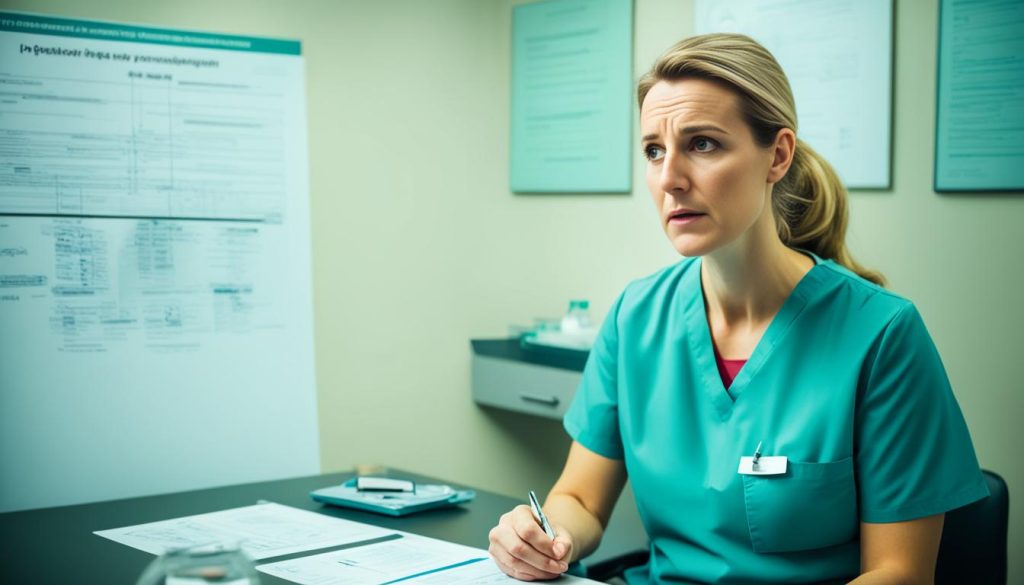
Don’t ignore ongoing symptoms. If your pee or poop color changes, your belly gets bigger, or you see spider-like blood vessels on your skin, get a liver check-up. These could be signs of liver issues that need a doctor’s look.
Big lifestyle risks like drinking too much alcohol, being overweight, or having had hepatitis mean you should see a doctor. Regular liver tests can keep an eye on your liver health. They can spot problems early, which is good for your health overall.
Diagnostic Tests for Liver Problems
Learning about diagnostic tests for liver issues can make you feel more ready when talking to your doctor about your liver health. Key tests include liver function tests (LFTs), liver biopsy, and imaging for liver health.
Liver Function Tests (LFTs): LFTs are blood tests that check your liver’s health. They look at proteins, liver enzymes, and bilirubin levels in your blood. If these levels are off, it could mean liver damage or disease.
Imaging for Liver Health: Imaging tools like ultrasound, CT scans, and MRIs show what the liver looks like inside. They can spot things like cysts or tumors and give detailed info on liver health. These tests are safe and done in a doctor’s office.
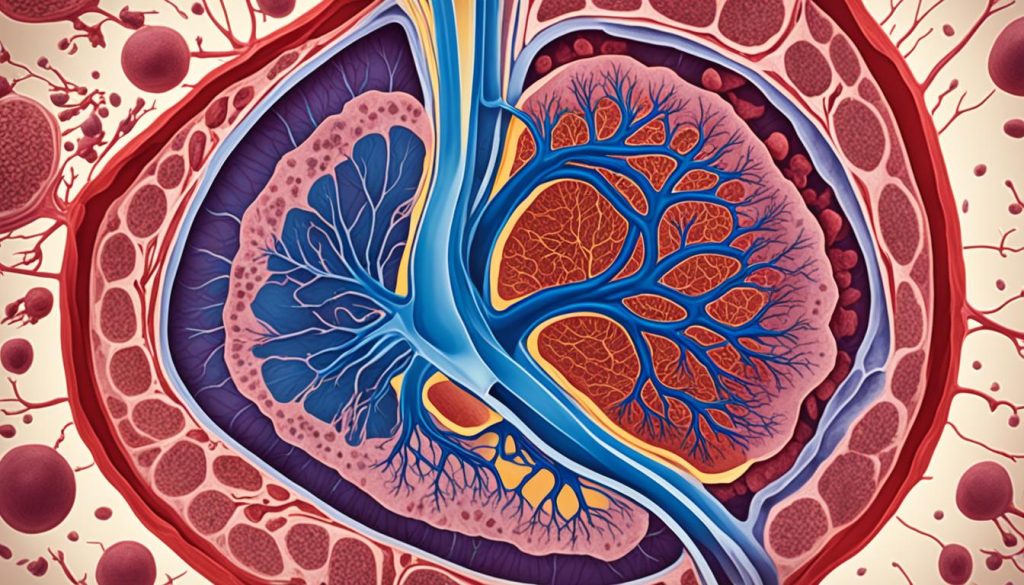
Liver Biopsy: Sometimes, a liver biopsy is needed. This means taking a small liver tissue sample for a closer look under a microscope. A biopsy shows how much liver damage there is, if there’s disease, and helps pick the best treatment.
Understanding these tests can ease your worries and help you get ready. Your doctor will walk you through the whole process, from getting ready to understanding the results.
Quick Recommendation: Our blog takes you through the signs of liver problems to look out for. If you're looking for a liver supplement, we recommend Liver Guard Plus.
Treatments for Liver Conditions
Managing liver conditions often involves both medicines and diet changes. The right treatment depends on your liver condition. But, there are common ways to handle liver diseases.
For conditions like hepatitis, antiviral drugs are used. Other liver diseases may need medicines to reduce swelling and ease symptoms. Always follow your doctor’s advice and take your medicines as told to keep your liver healthy.
What you eat also matters for your liver health. A diet full of fruits, veggies, and lean meats helps your liver work better. You should also limit alcohol, sugar, and bad fats to avoid more liver harm.
New treatments bring hope for chronic liver issues. Medical research is always finding new medicines and ways to manage liver diseases. Keeping up with these new treatments helps you make good choices for your liver.
Handling liver diseases well often means using medicines and eating right. Work closely with your doctor to find the best treatment for you.
Surgical Interventions
For people with severe liver issues, surgery is sometimes a must. A key procedure is the liver transplant. This surgery is needed when the liver can’t work right and other treatments don’t help.
Those needing a liver transplant go through a detailed check-up. They look at medical history, how bad the liver disease is, and overall health. In this surgery, a sick liver is swapped with a healthy one from a donor. It’s important to know about this surgery for liver problems.
Getting better after liver surgery means careful medical care and changing your lifestyle. There are risks like rejection and infection, so regular check-ups and medicine are key. Following the doctor’s advice helps patients recover better from liver surgery and live a better life.
Lifestyle Changes to Improve Liver Health
Making lifestyle changes is key to supporting liver health. One big step is to cut down on alcohol. This helps ease the load on your liver, making it work better.
Eating right is also vital. Add foods full of antioxidants, fiber, and healthy fats to your meals. Leafy greens, nuts, and whole grains are great picks. Drinking lots of water also boosts liver health.
Adding exercise is another good move. It keeps you at a healthy weight, which helps avoid fat buildup in the liver. Try walking or cycling for 30 minutes daily for better liver health.
By making these changes, you can keep your liver in top shape. Focus on drinking less, eating right, and staying active. This approach can greatly improve your liver’s health and function.
Medications Impact on Liver Health
It’s important to know how some medications can affect your liver. Both prescription and over-the-counter drugs can be harmful to your liver. Knowing which ones are risky can help you take better care of your liver.
Some common hepatotoxic drugs include acetaminophen, certain antibiotics, and cholesterol-lowering drugs. These can harm your liver if not used right. Always follow the dose your doctor gives you and talk about any risks.
Taking over-the-counter drugs without advice can also hurt your liver. Just because they don’t need a prescription doesn’t mean they’re safe. Always read the labels and ask for help if you’re unsure about the risks.
Checking your liver health regularly can spot problems early. If you’re on drugs that can harm your liver, like some anti-seizure or anti-tuberculosis drugs, get regular blood tests. Talk to your doctor about these tests to keep your liver healthy.
Conclusion
Keeping your liver healthy is very important. This article has shown you how the liver cleans your blood and helps with digestion. It’s key to spot liver problems early for the best treatment.
Symptoms like jaundice, feeling very tired, and stomach pain are signs you should pay attention. Knowing what can cause liver issues helps you make better choices for your health. There are tests and treatments available, including surgery, if caught early.
By being proactive and knowing the signs of liver problems, you can take better care of your health. Regular doctor visits, making smart lifestyle choices, and staying informed are all important. Your liver is crucial for your health, so take good care of it for a healthier life.
Quick Recommendation: Our blog takes you through the signs of liver problems to look out for. If you're looking for a liver supplement, we recommend Liver Guard Plus.
